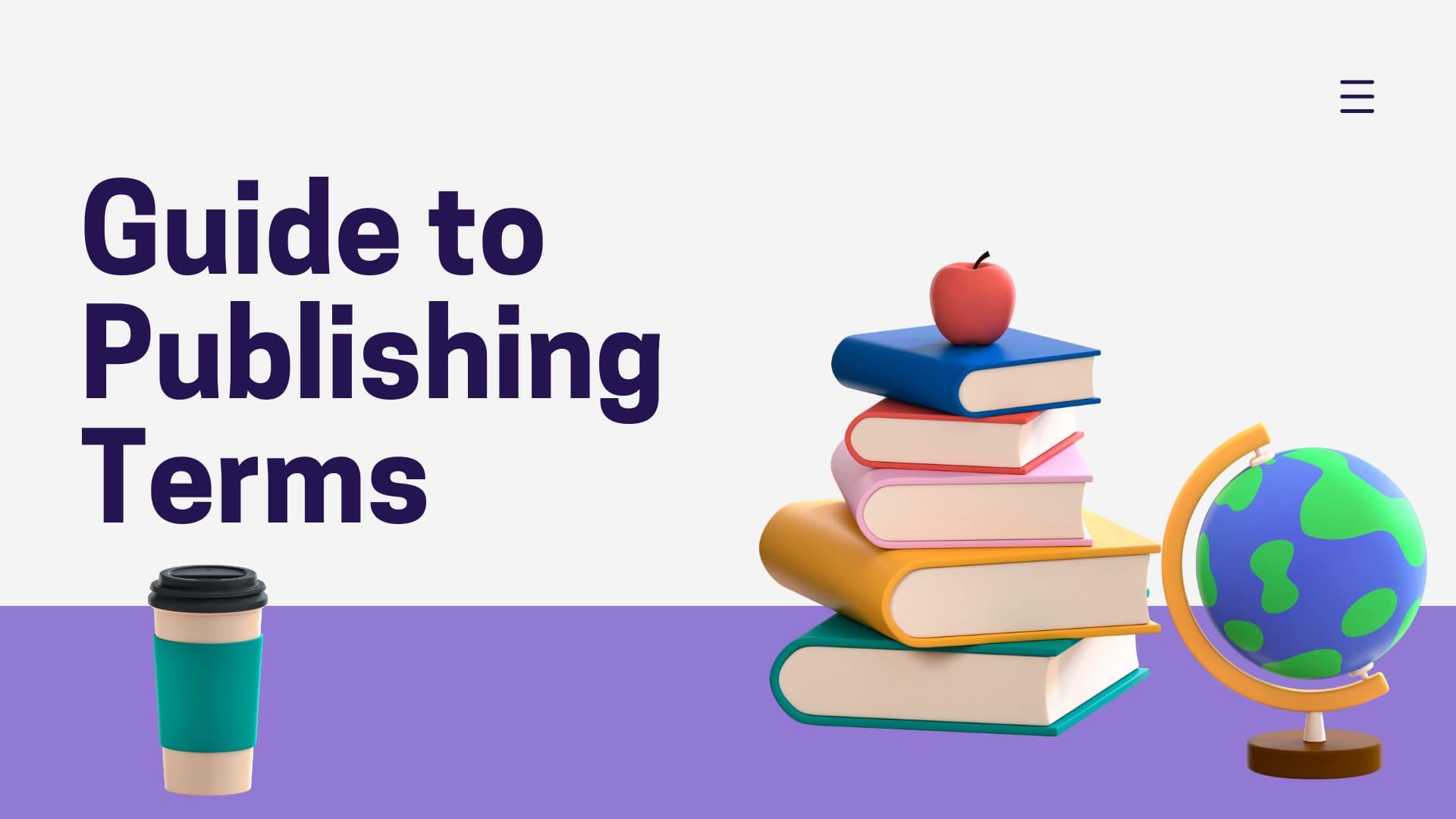
Publishing a book is as challenging as writing it. It is easier when you are aware of the terms that the publishing houses throw at you. Your work is your God and before handing it to someone it is very important that you do your due diligence in understanding the terms used in the publishing industry.
- ISBN
ISBN is the most talked about term when it comes to book publishing. A book without an ISBN is like a cake without sugar. ISBN stands for International Standard Book Number. It is a unique identifier allotted to every book. Through an ISBN the booksellers can track the sale of your book. Every edition of your book has a different ISBN. The ebook, hardcover and paperback will all have different ISBN. The first 3 digits in an ISBN is known as the prefix element, the next 2 digits indicate the country or geographical region registered in the ISBN system, the next 5 digits helps identify the publisher of the book and the subsequent 2 digits give information on the edition and the book’s format, and the last digit is known as a check digit which validates the ISBN.
- Ingram distribution
Ingram is a major book distributor in the United States, distributing to 40,000+ retailers (including Barnes & Noble and your local independent bookstore), libraries, schools, and universities.
- Royalty
Every publishing house promises a Percentage of profit that goes to the author. This percentage is known as royalty. You are entitled to book royalties for as long as mentioned in the agreement you sign with the publishing house.
- Copyrights
The ownership of the work is defined as a copyright. Usually in self publishing the copyrights reside with the author. When you have the copyright to your work, you can reproduce it and use it as per your wish. You are not entitled for permission from the publishing house to share your content wherever you wish to. The significance of owning copyrights comes into play when someone wants to make a movie or a web series out of your book. If a situation like this arise, if you hold the copyrights to the book then it is your decision to negotiate for movie making. The profits that come through the movies or web series also solely belong to you.
- Print on Demand
Self-publishing industry has initiated the concept of Print on Demand. As the name suggests the books are printed when someone asks for it. For example, your book is listed on amazon. When a customer purchases your book, the seller gets an order and he prints the book. This is usually done to avoid massive losses suffered by publishing agencies when books are printed but dont sell.






